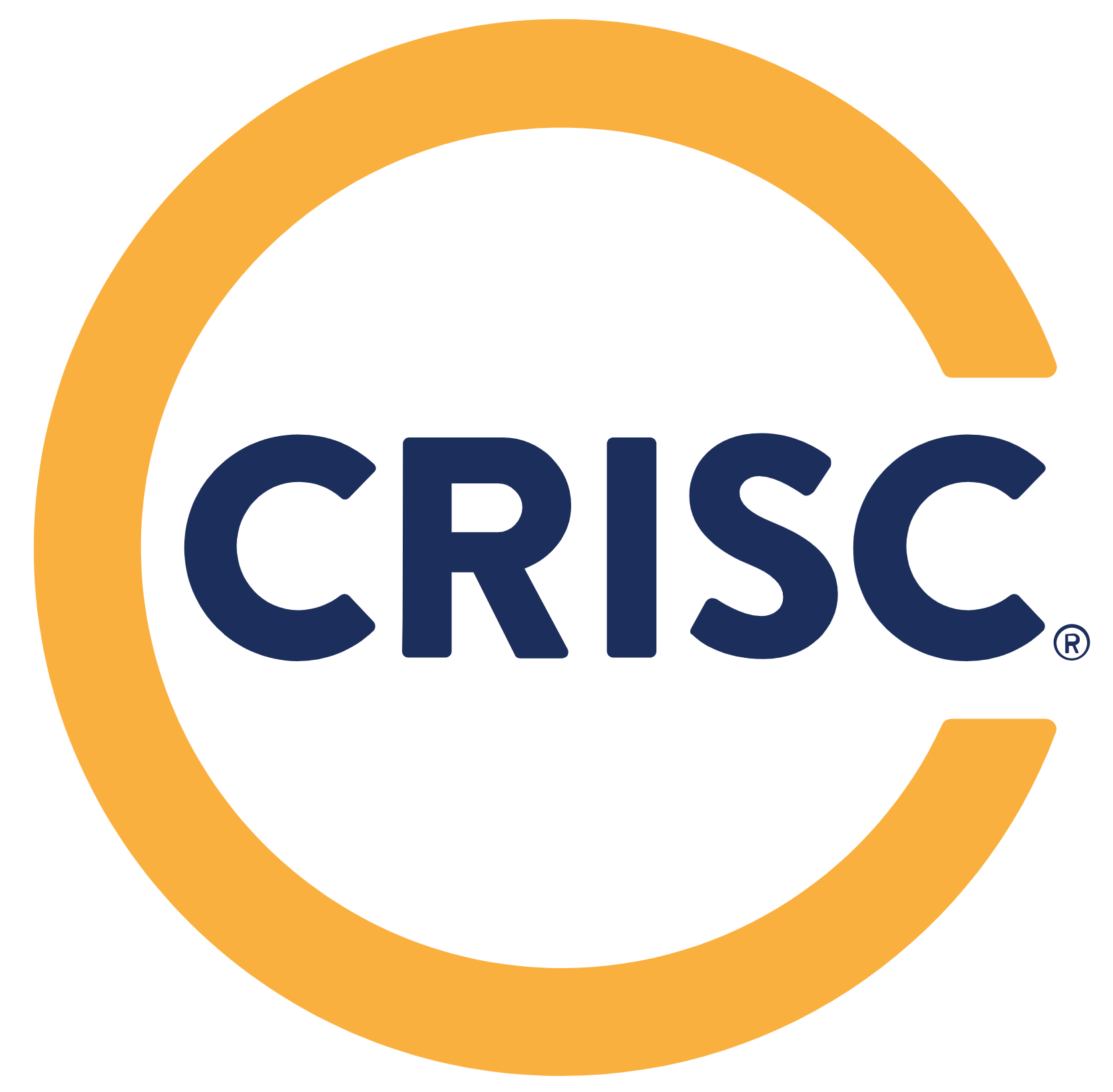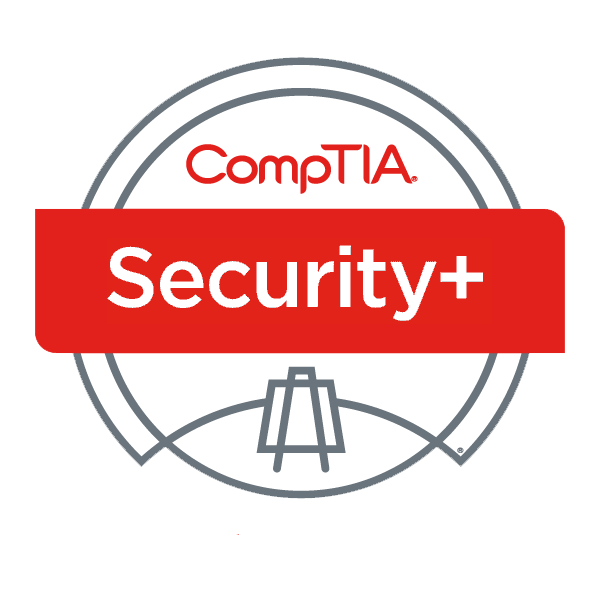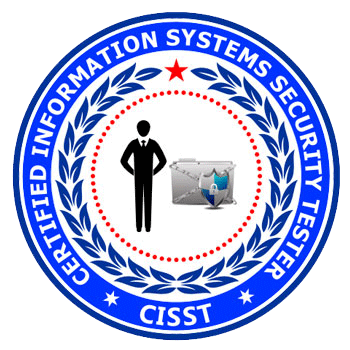
Cisa
Prove your knowledge and get the power you need to advance in your profession with ISACA’s Certified Information Systems Auditor (CISA) certification.

Cism
Demonstrate your ability to manage information security programs and become a strategic asset to enterprise leadership with ISACA’s Certified Information Security Manager (CISM) certification.

Crisc
Gain instant recognition and credibility with ISACA’s Risk and Information Systems Control (CRISC®) certification and advance in your profession.

Pmp
Enroll in the PMP exam and enhance the professional skills needed to lead project teams and achieve successful project results.

CEHv11
Enroll in the CEH v11 certification exam to learn about the most up-to-date commercial-grade hacking tools, strategies, and approaches used by hackers and information security experts to legally attack a business.

Comptia Security+
Validates the baseline skills you need to perform core security functions and pursue an IT security career with CompTIA Security+global certification.

AZ-104
Enroll in the Microsoft AZ-104 certification and measure your ability to accomplish the following technical tasks: manage Azure identities and governance; implement and manage storage; deploy and manage Azure compute resources, to mention a few.

Cissp
Enroll in the Certified Information Systems Security Professional (CISSP) exam and validates your deep technical and managerial knowledge and experience to effectively design, engineer, and manage the overall security posture of an organization.
.png)
C|ciso
Are you ready to take on the role of CCISO? The CCISO Certification is a market-leading program that
















.png)
.png)
.png)
.png)
.png)
.png)
.png)
.png)